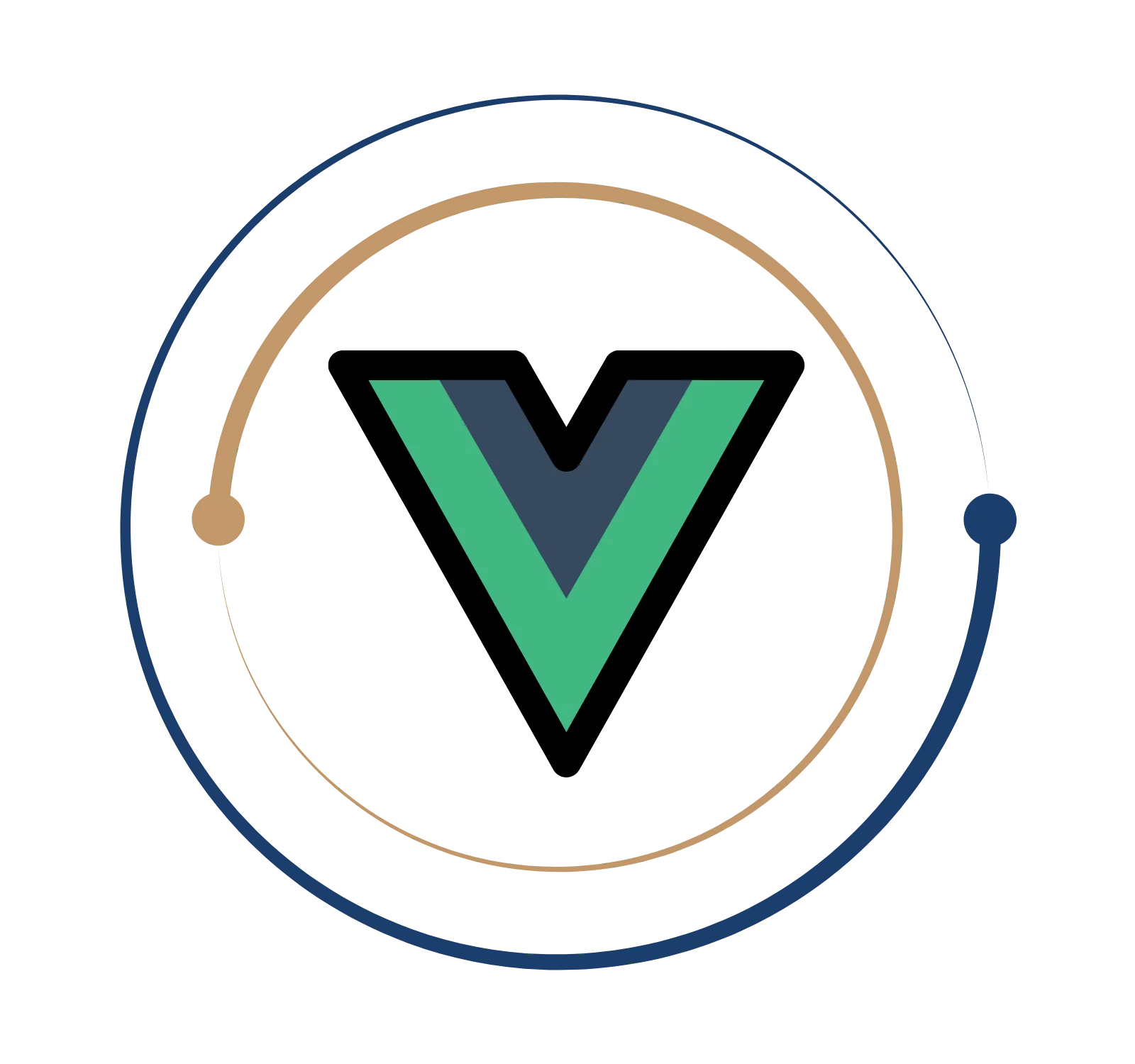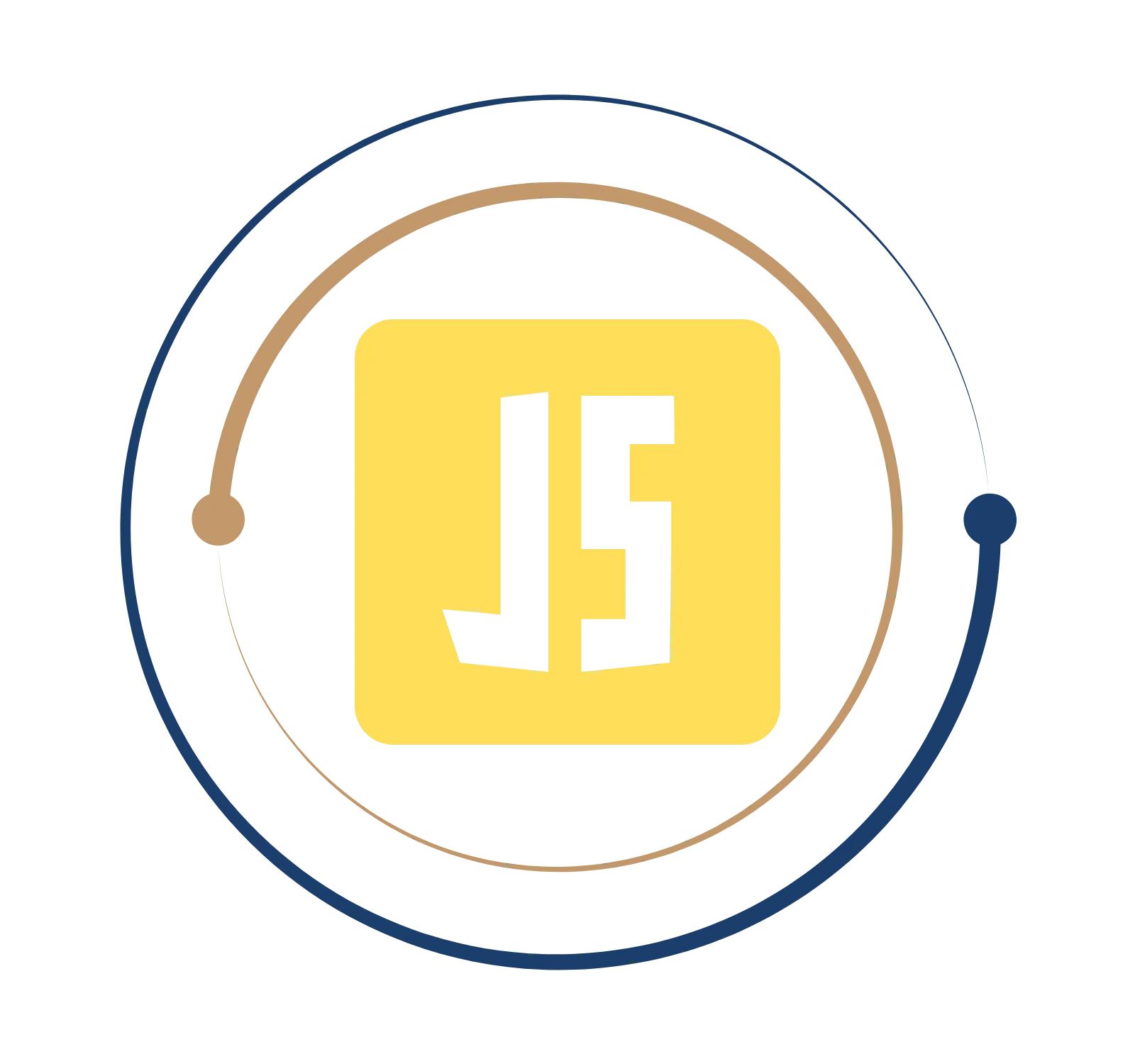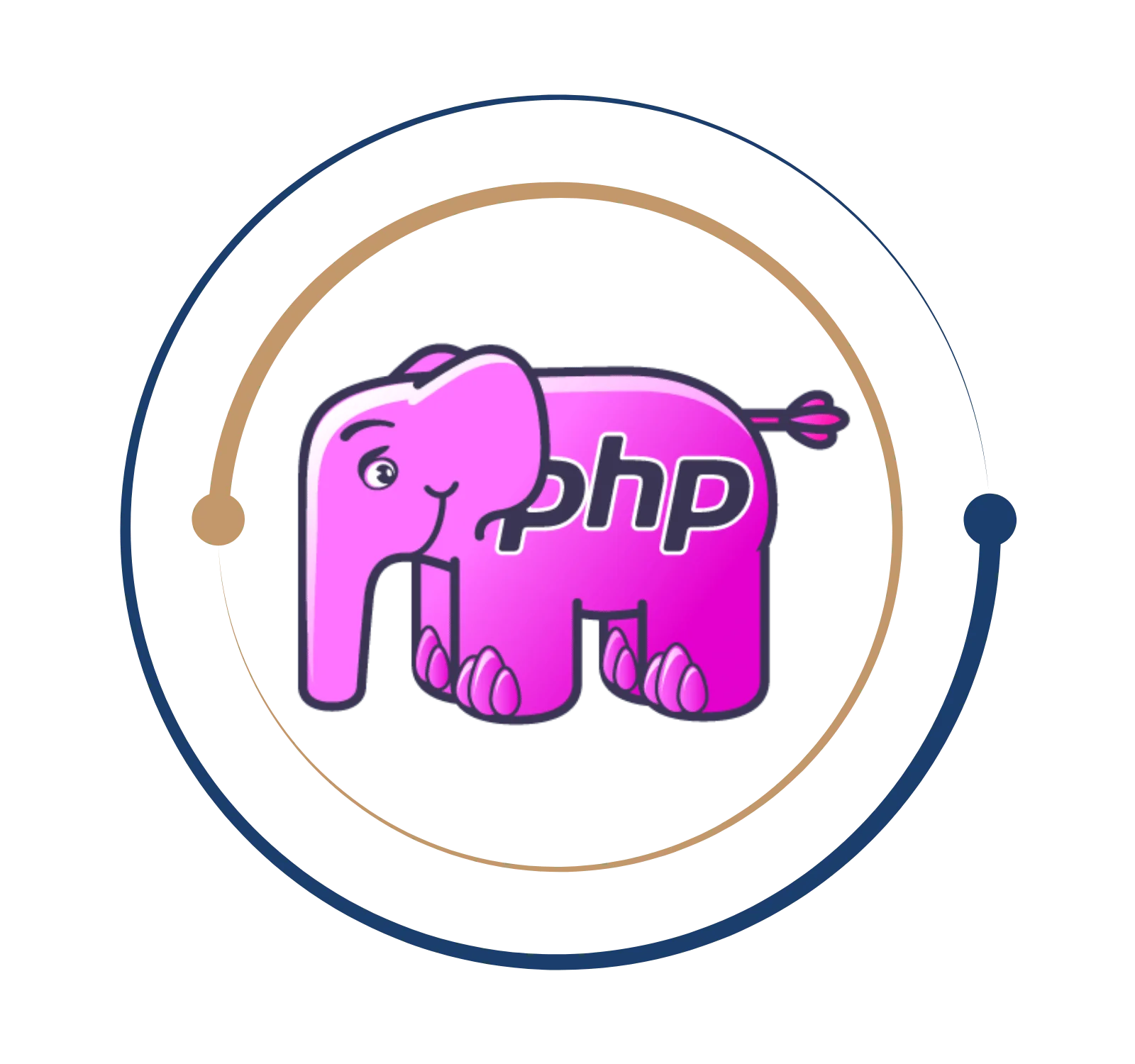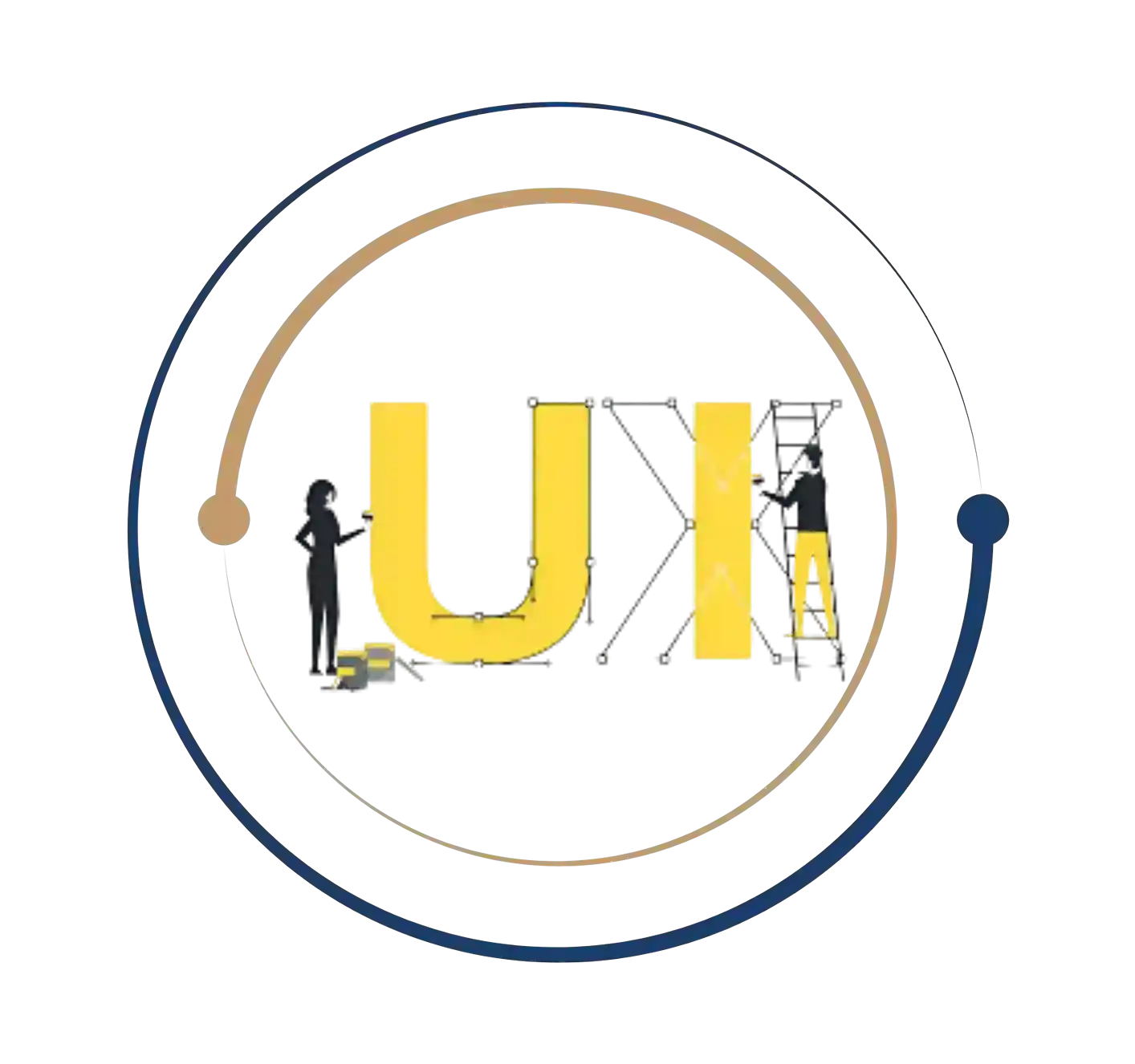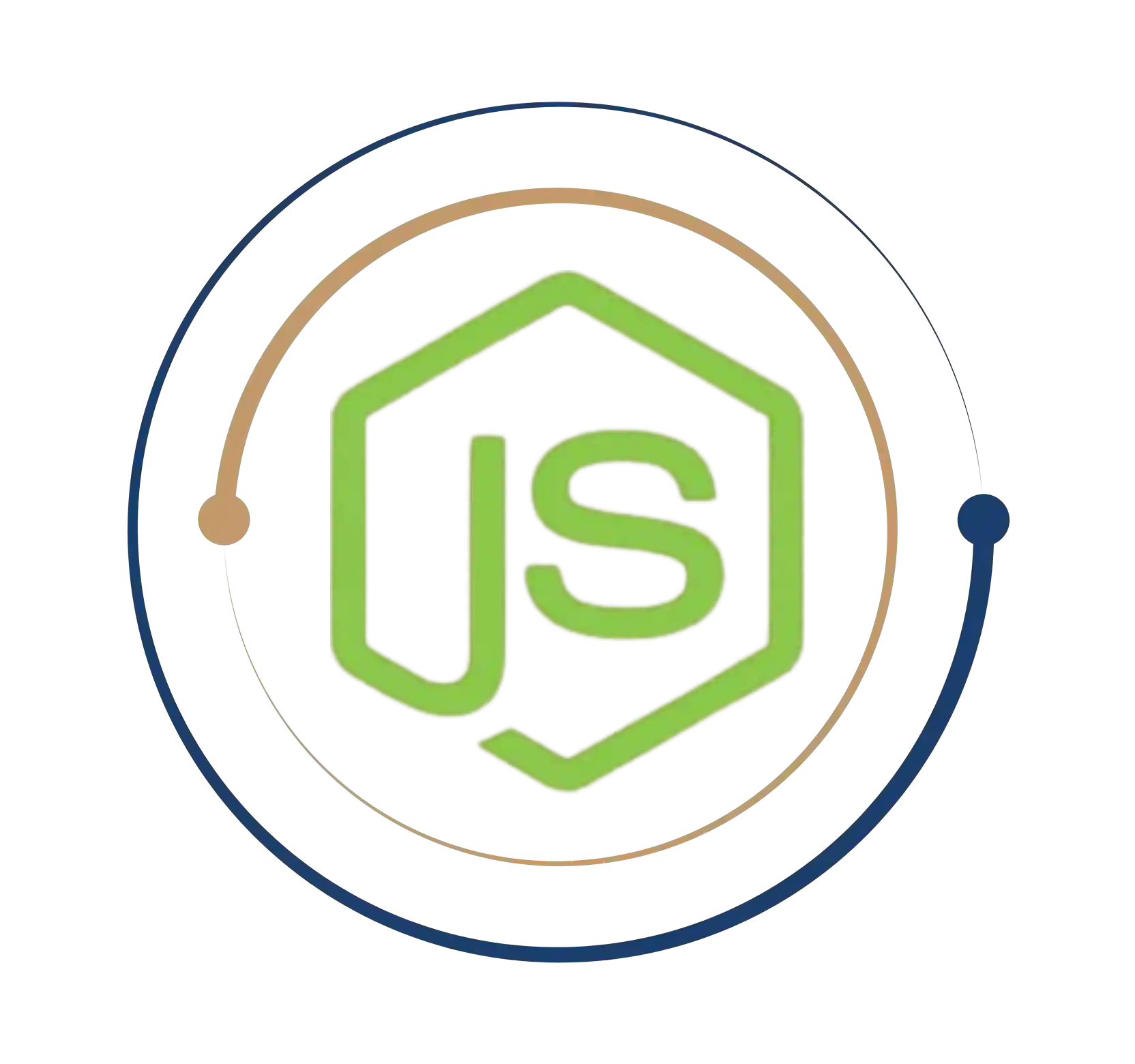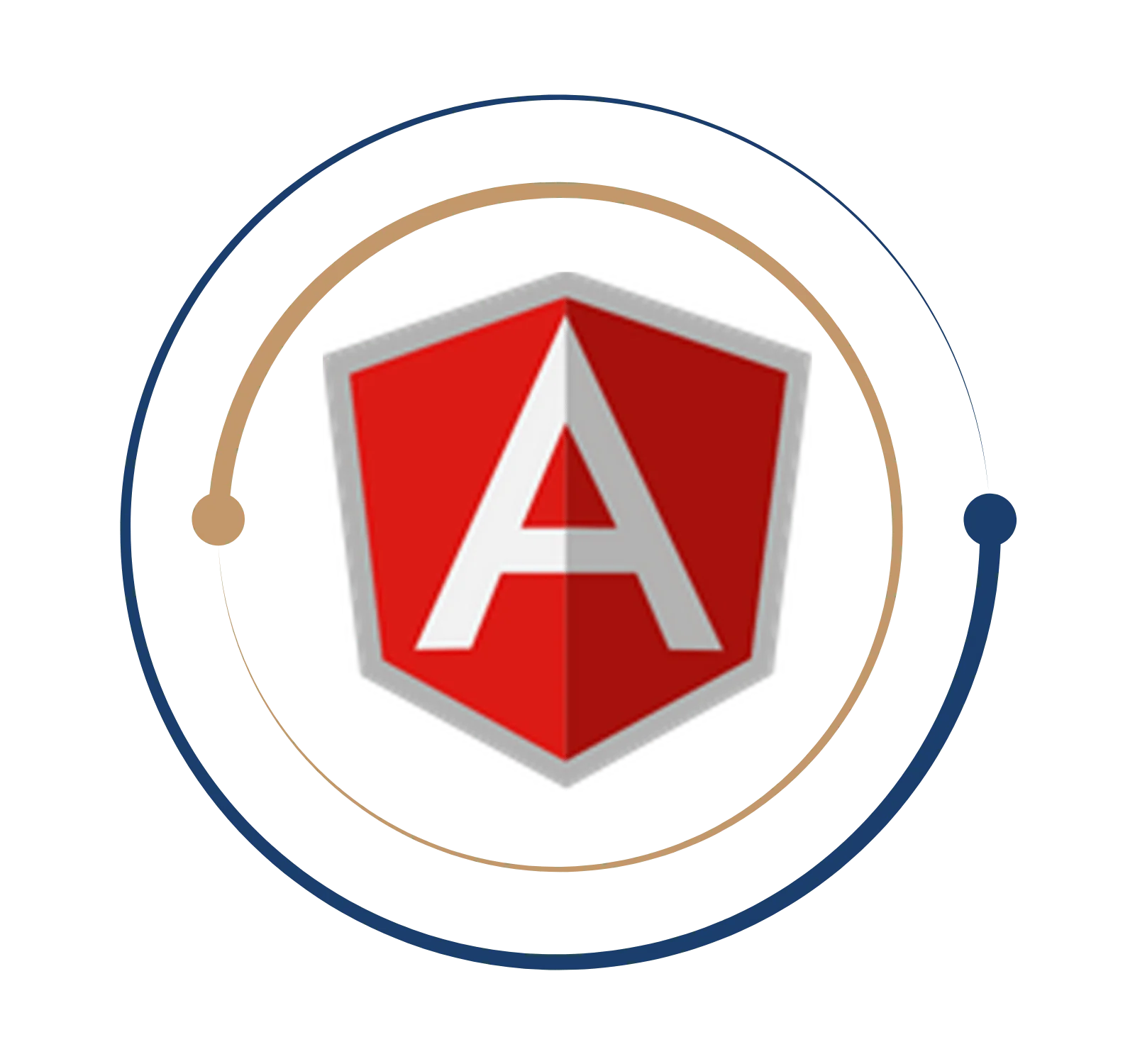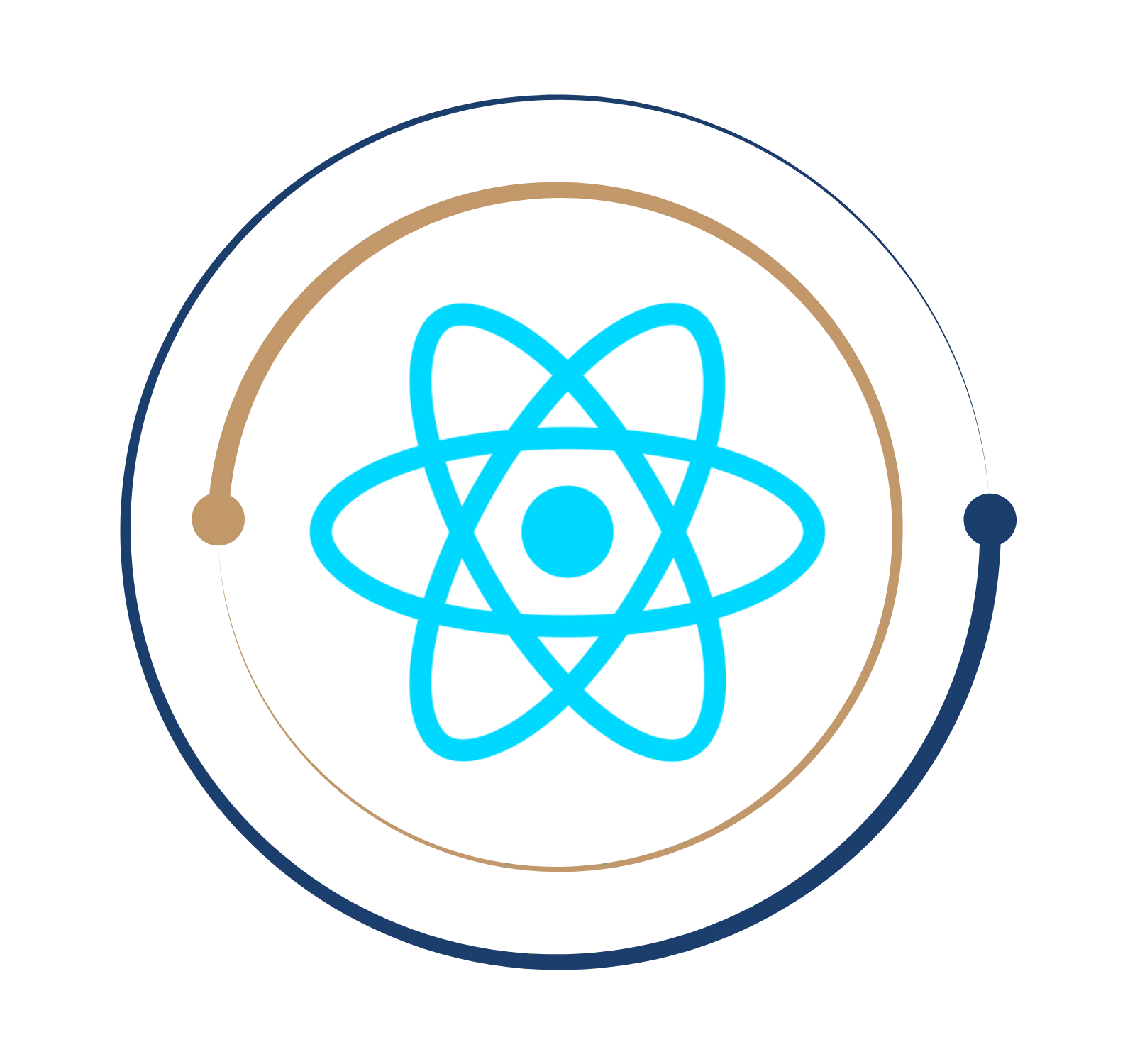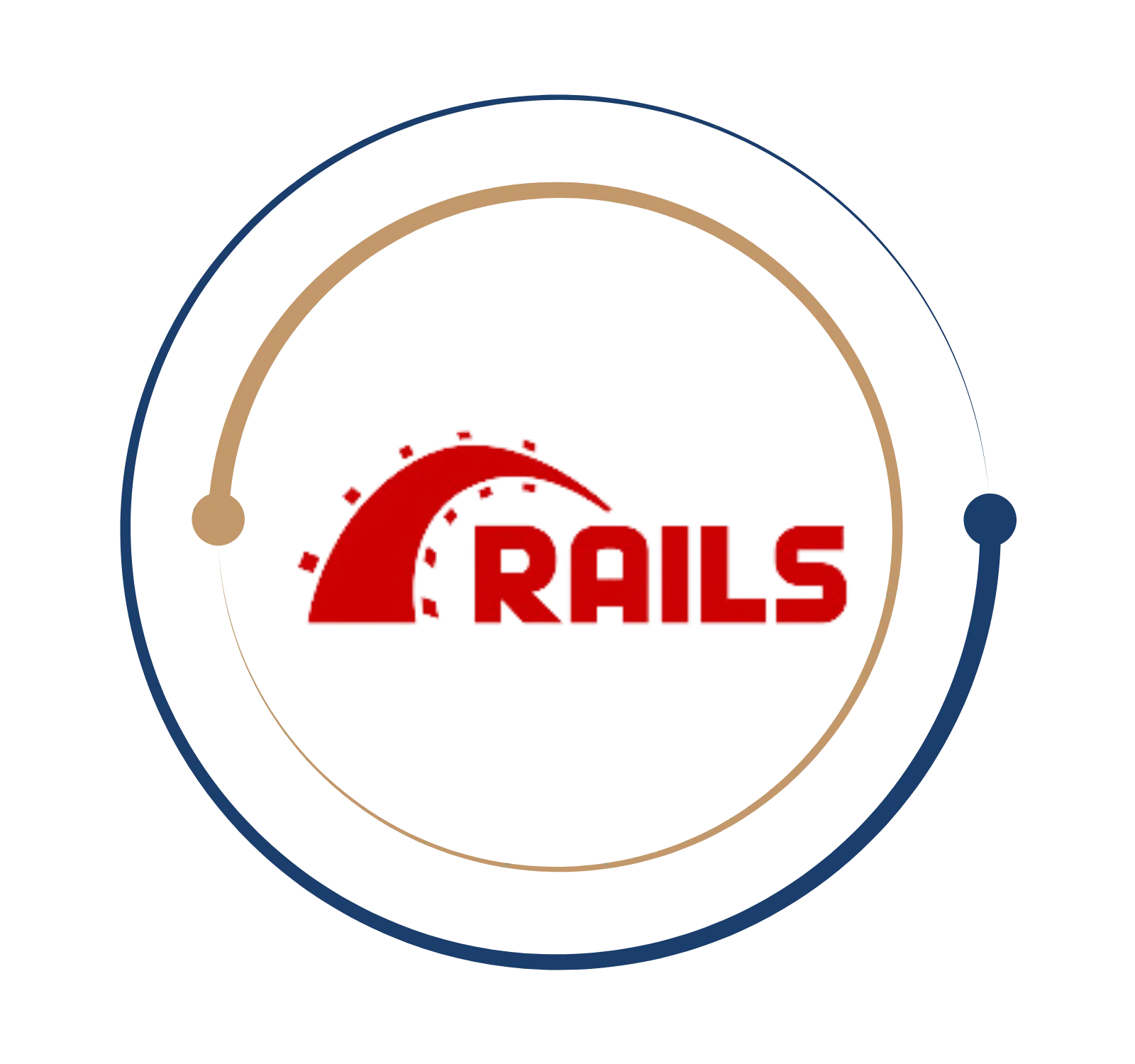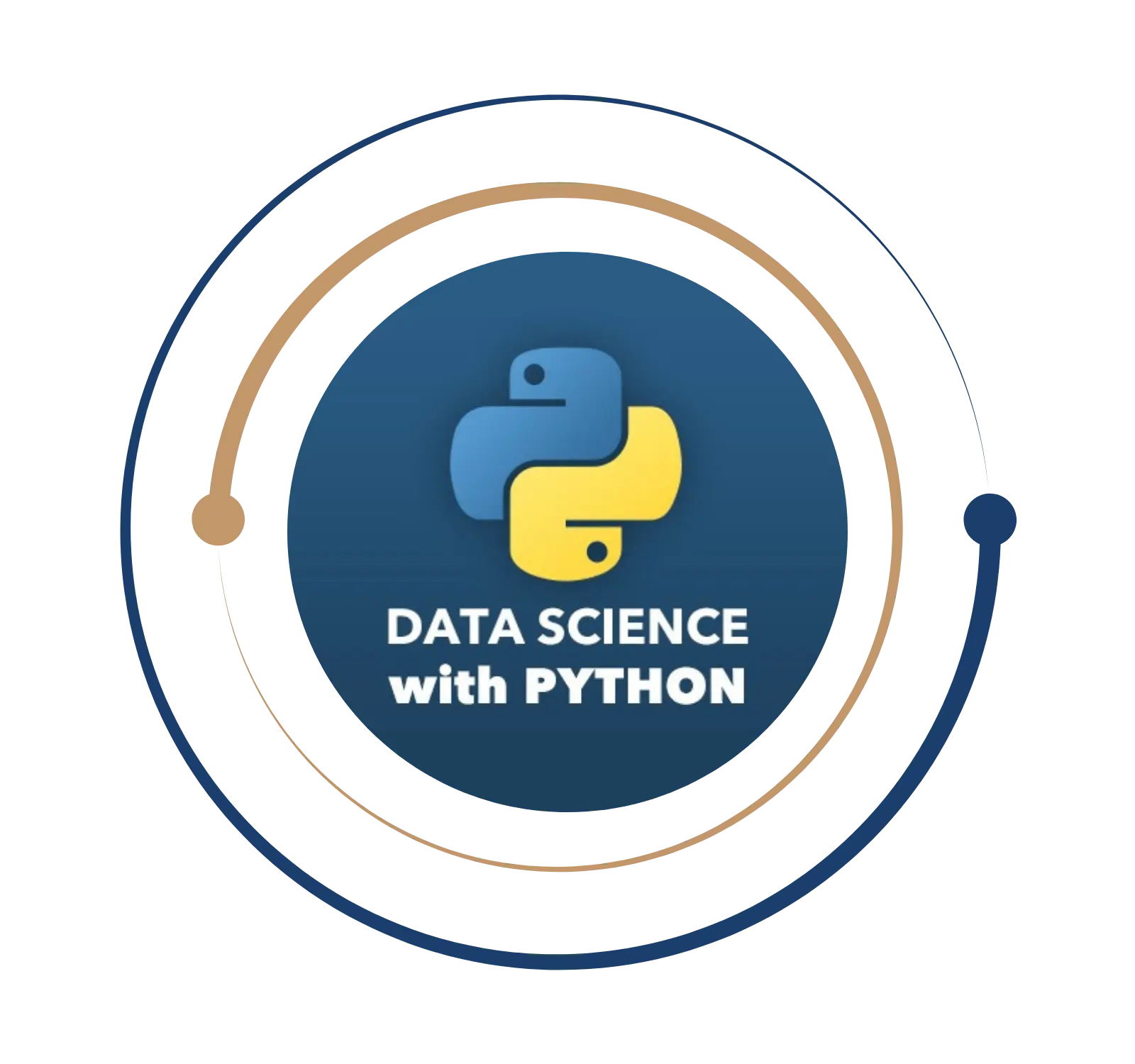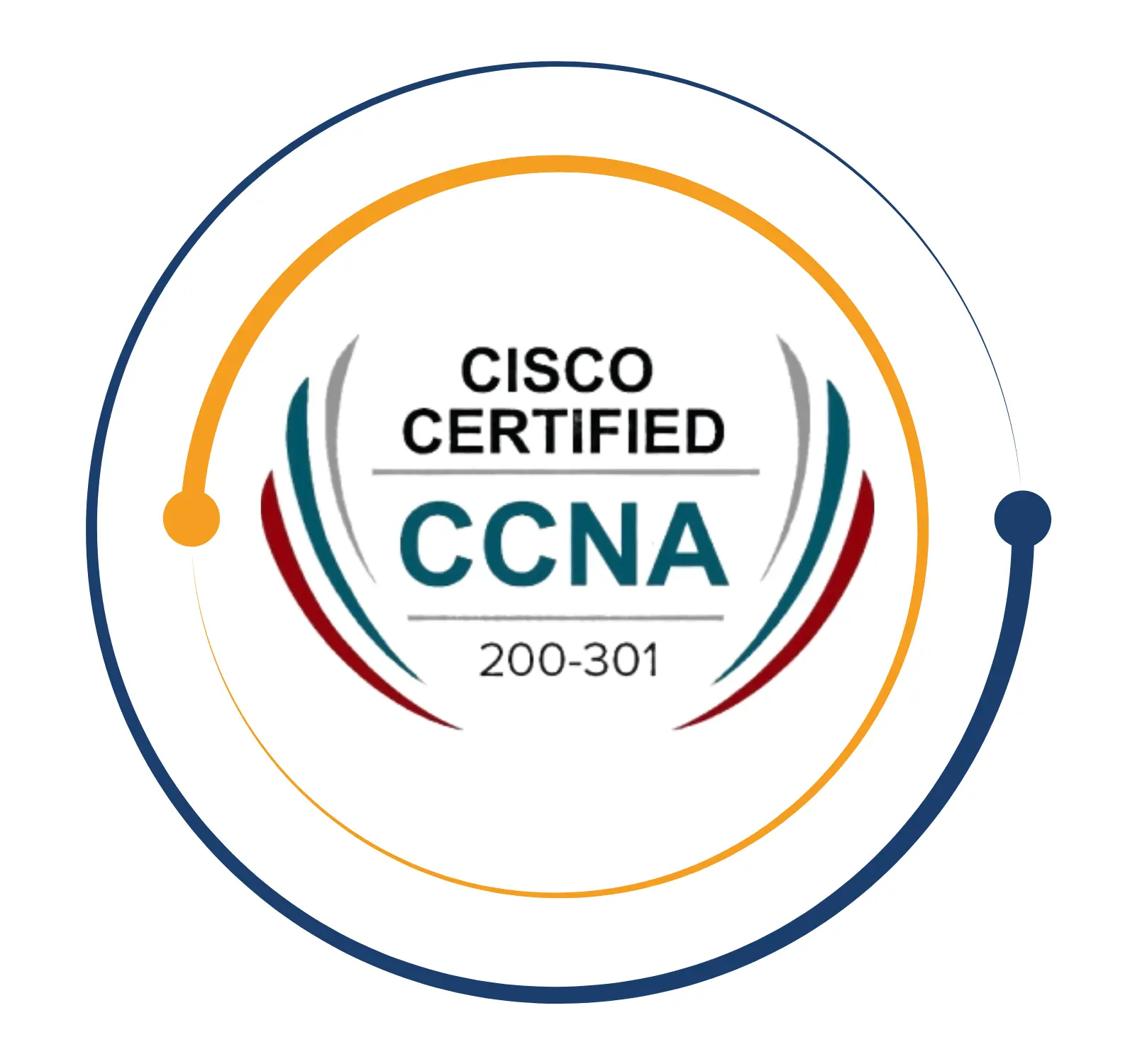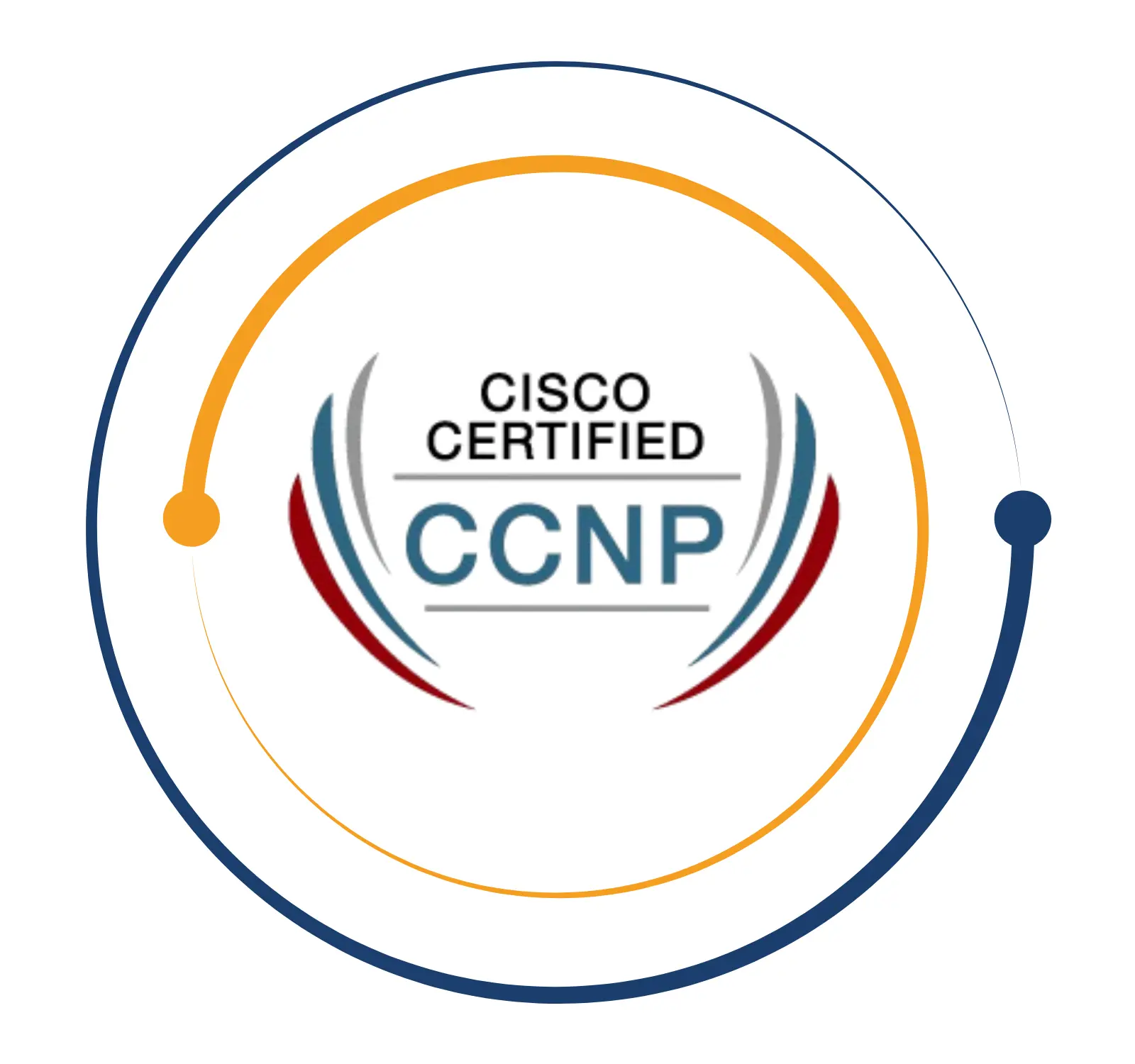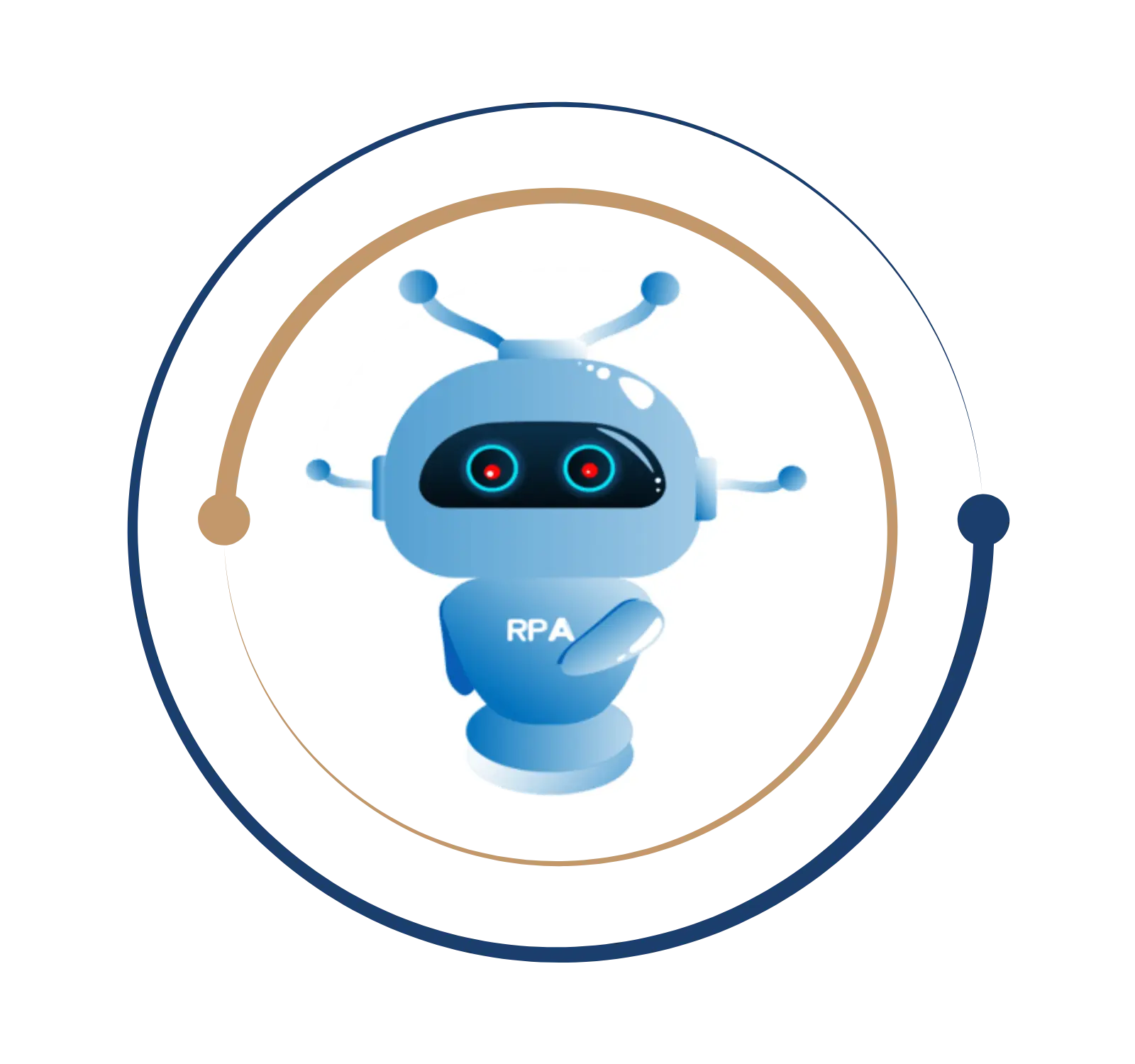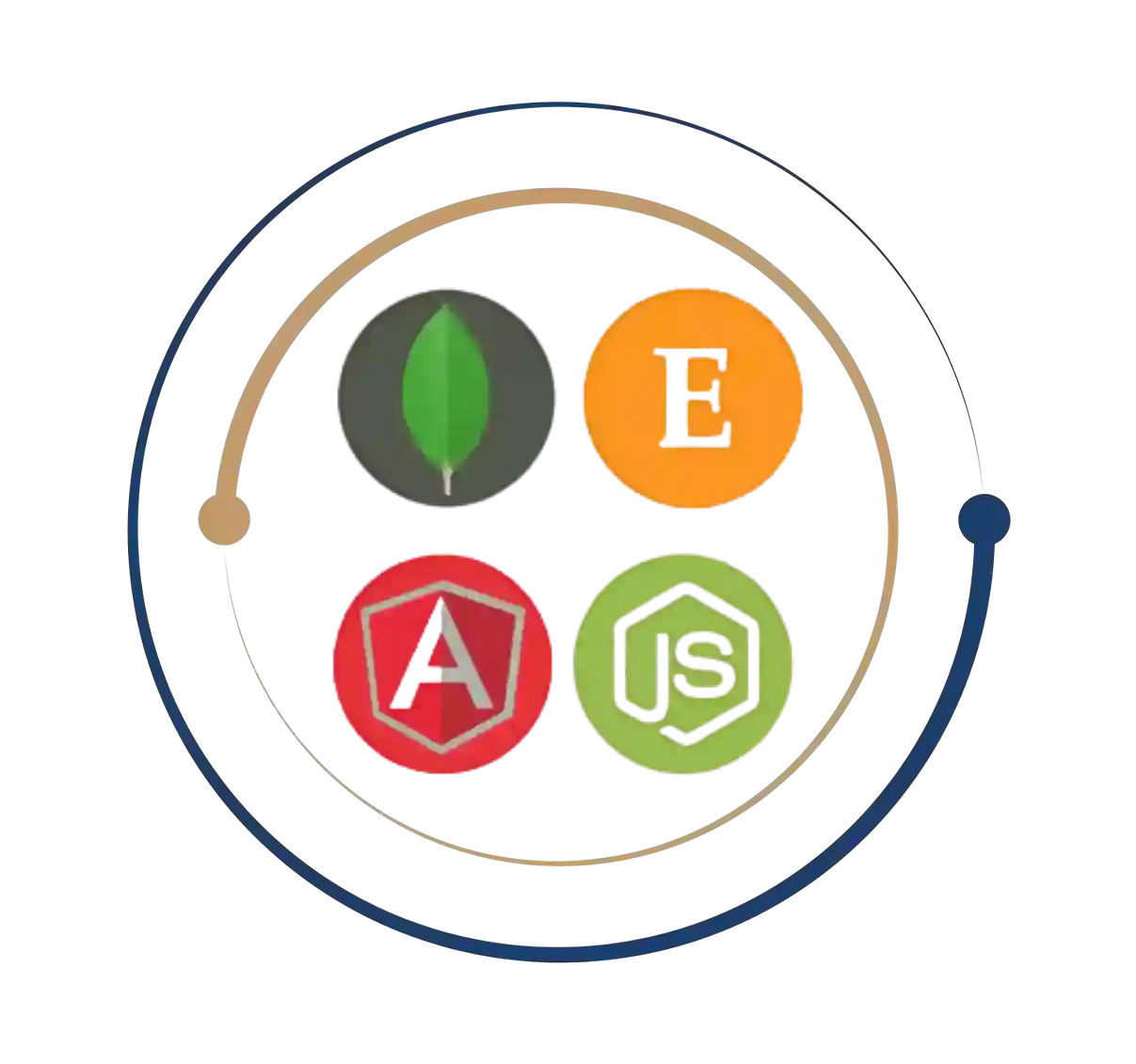Become a full-stack developer with our MEAN Stack comprehensive training
MEAN Stack Training in Chennai
Would you like to discover much about the MEAN stack? Here we go, BITA offers Best MEAN Stack Training in Chennai. This training will show you how to create a full-stack web application, and it allows you to use Javascript to build an entire web application. As a result, we’ll use hands-on, real-world exercises to assist you in incorporating solid development techniques into your workflow. The course begins by establishing the foundation in the Node.js platform and leveraging its power before moving on to single page front end web development with AngularJS. Then, using AngularJS and the Express web application framework built on Node.js, we’ll interact with web services. Finally, the course concludes with a look at the NoSQL database MongoDB.
The MEAN stack is a set of JavaScript-based technologies used to create web applications. MongoDB, ExpressJS, AngularJS, and Node.js are all abbreviated as MEAN. It represents a collection of technologies that work well together. So MEAN is full-stack JavaScript from client to server to the database.
Structure of MEAN Stack
MongoDB is a NoSQL database system that does not require a schema. MongoDB saves data in binary JSON format, making it easier to transfer data between client and server. Google created the AngularJS JavaScript framework. As an outcome, it includes some fantastic features, such as two-way data binding. Furthermore, it is a complete solution for rapid and excellent front end development.
ExpressJS is a lightweight framework for developing web applications in Node.js. As a result, it offers several robust features for creating single and multi-page web applications. As a result, Express is influenced by the popular Ruby framework Sinatra.
AngularJS is a JavaScript framework that is open source and is primarily used for frontend development. This framework’s goal is to enable the development of intelligent web apps that support customization. Furthermore, AngularJS allows developers to use HTML as a template language. Angular functions such as two-way data binding and dependency injection help developers significantly reduce code writing.
Node.js is a JavaScript execution environment that runs on the server-side. As a result, it is a platform based on the V8 JavaScript runtime in Google Chrome. As a result, it aids in the rapid development of highly scalable, concurrent applications.
Who can Learn MEAN Stack?
This training is flexible for any Freshers who would like to work as a FullStack Developer in the Web Application domain. The MEAN Stack Training in Chennai, on the other hand, is particularly fit for professionals such as web developers and UI designers.
Prerequisites:
Individuals must have basic programming skills and knowledge of Javascript, and a deep understanding of the basic concepts of web applications.
MEAN Stack Training in Chennai
Would you like to discover much about the MEAN stack? Here we go, BITA offers Best MEAN Stack Training in Chennai. This training will show you how to create a full-stack web application, and it allows you to use Javascript to build an entire web application. As a result, we’ll use hands-on, real-world exercises to assist you in incorporating solid development techniques into your workflow. The course begins by establishing the foundation in the Node.js platform and leveraging its power before moving on to single page front end web development with AngularJS. Then, using AngularJS and the Express web application framework built on Node.js, we’ll interact with web services. Finally, the course concludes with a look at the NoSQL database MongoDB.
What is Mean Stack?
The MEAN stack is a set of JavaScript-based technologies used to create web applications. MongoDB, ExpressJS, AngularJS, and Node.js are all abbreviated as MEAN. It represents a collection of technologies that work well together. So MEAN is full-stack JavaScript from client to server to the database.
Structure of MEAN Stack
MongoDB is a NoSQL database system that does not require a schema. MongoDB saves data in binary JSON format, making it easier to transfer data between client and server. Google created the AngularJS JavaScript framework. As an outcome, it includes some fantastic features, such as two-way data binding. Furthermore, it is a complete solution for rapid and excellent front end development.
ExpressJS is a lightweight framework for developing web applications in Node.js. As a result, it offers several robust features for creating single and multi-page web applications. As a result, Express is influenced by the popular Ruby framework Sinatra.
AngularJS is a JavaScript framework that is open source and is primarily used for frontend development. This framework’s goal is to enable the development of intelligent web apps that support customization. Furthermore, AngularJS allows developers to use HTML as a template language. Angular functions such as two-way data binding and dependency injection help developers significantly reduce code writing.
Node.js is a JavaScript execution environment that runs on the server-side. As a result, it is a platform based on the V8 JavaScript runtime in Google Chrome. As a result, it aids in the rapid development of highly scalable, concurrent applications.
Who can Learn MEAN Stack?
This training is flexible for any Freshers who would like to work as a FullStack Developer in the Web Application domain. The MEAN Stack Training in Chennai, on the other hand, is particularly fit for professionals such as web developers and UI designers.
Prerequisites:
Individuals must have basic programming skills and knowledge of Javascript, and a deep understanding of the basic concepts of web applications.
Roles and Responsibility of MEAN Stack Developer
- Create, test, and deploy scalable and fast web applications.
- Design and regular maintenance of large relational and non-relational fully functional databases.
- Cloud web app deployment promptly.
- Server administration and cloud-based infrastructure
- Setting up and integrating development tools as needed.
- Detection of application issues during app deployment
- Deploying apps to the cloud while also resolving debugging issues
- Frontend and backend coding architecture
- Creating interactive customer data
- Collaboration with the IT team, researchers, and designers for the development of robust apps and the promotion of business objectives
- Adding features to apps with a mobile-responsive design
- Application testing and bug fixes, as well as security and data protection features, are all available.
- Make code architecture decisions to support scalability and performance.
- Uses popular frontend frameworks such as Bootstrap, LESS, and others to create UI components.
- Collaboration with developers on the development of scalable RESTful APIs
- Conducting peer-reviewed code reviews
The MEAN stack is a set of JavaScript-based technologies used to create web applications. MongoDB, ExpressJS, AngularJS, and Node.js are all abbreviated as MEAN. It represents a collection of technologies that work well together. So MEAN is full-stack JavaScript from client to server to the database.
Structure of MEAN Stack
MongoDB is a NoSQL database system that does not require a schema. MongoDB saves data in binary JSON format, making it easier to transfer data between client and server. Google created the AngularJS JavaScript framework. As an outcome, it includes some fantastic features, such as two-way data binding. Furthermore, it is a complete solution for rapid and excellent front end development.
ExpressJS is a lightweight framework for developing web applications in Node.js. As a result, it offers several robust features for creating single and multi-page web applications. As a result, Express is influenced by the popular Ruby framework Sinatra.
AngularJS is a JavaScript framework that is open source and is primarily used for frontend development. This framework’s goal is to enable the development of intelligent web apps that support customization. Furthermore, AngularJS allows developers to use HTML as a template language. Angular functions such as two-way data binding and dependency injection help developers significantly reduce code writing.
Node.js is a JavaScript execution environment that runs on the server-side. As a result, it is a platform based on the V8 JavaScript runtime in Google Chrome. As a result, it aids in the rapid development of highly scalable, concurrent applications.
Who can Learn MEAN Stack?
This training is flexible for any Freshers who would like to work as a FullStack Developer in the Web Application domain. The MEAN Stack Training in Chennai, on the other hand, is particularly fit for professionals such as web developers and UI designers.
Prerequisites:
Individuals must have basic programming skills and knowledge of Javascript, and a deep understanding of the basic concepts of web applications.
- Create, test, and deploy scalable and fast web applications.
- Design and regular maintenance of large relational and non-relational fully functional databases.
- Cloud web app deployment promptly.
- Server administration and cloud-based infrastructure
- Setting up and integrating development tools as needed.
- Detection of application issues during app deployment
- Deploying apps to the cloud while also resolving debugging issues
- Frontend and backend coding architecture
- Creating interactive customer data
- Collaboration with the IT team, researchers, and designers for the development of robust apps and the promotion of business objectives
- Adding features to apps with a mobile-responsive design
- Application testing and bug fixes, as well as security and data protection features, are all available.
- Make code architecture decisions to support scalability and performance.
- Uses popular frontend frameworks such as Bootstrap, LESS, and others to create UI components.
- Collaboration with developers on the development of scalable RESTful APIs
- Conducting peer-reviewed code reviews
Get Instant Help Here
MEAN Stack Course Certification is one of the qualifications that show the candidate has a deep understanding of the MEAN Stack. This certification affirms that the participant has acquired the essential skills to work as a MEAN Stack or Full Stack Developer, with a real-time project experience provided at the end of the program. Getting this certificate as well, along with one’s resume, helps promote your description during the application process.
- MEAN Stack Developer Certification
Programming is a skill best acquired by practice and example rather than by books. BITA furnishes you with all the Certification courses and MEAN Stack Training in Chennai
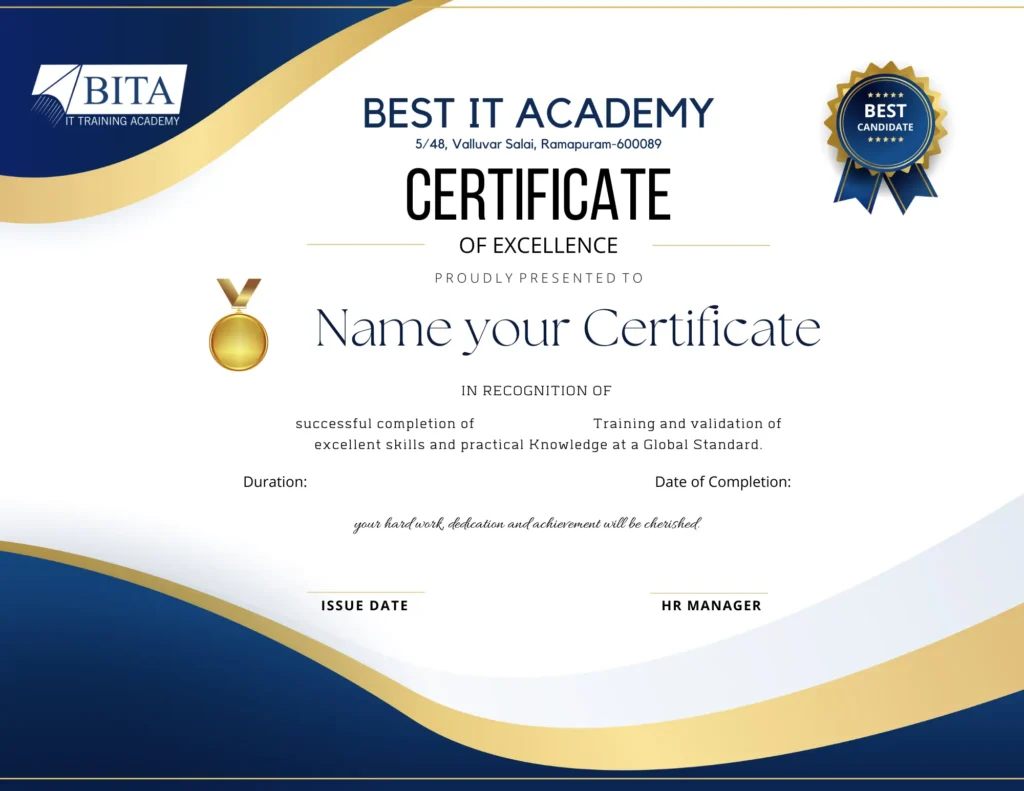
Nowadays, most organizations hire a Developer who can productively build the fundamental elements of a web application. In this case, MEAN is a well-known Full Stack Development tool that assists companies in improving efficient applications with limited resources. MEAN Stack Developer is a widely known profession for aspirants looking for a successful position in the Web Applications Development field. Node.js and Express.js are used by IT monoliths such as Linked In, Walmart, SAP, and Microsoft. MongoDB uses a document store database, which is frequent in railway applications. This skill is in high demand in the job market. In India, the average Stack Developer salary ranges from 1.8 Lakhs to 10.0 Lakhs, with a yearly wage of 4.2 Lakhs. Product-based companies pay a high salary for MEAN Stack developers, and they prefer someone with relevant experience. Signup for MEAN Stack Training in Chennai.
Job you can land with MEAN Stack
What you will learn?
- Get started with Node.js
- Node Package Manager
- Modules
- Asynchronous Program
- Callbacks
- Events and Event Loop
- Streams and Buffers
- Connect Node.js to Database
- Web Sockets
- Angular Architecture
- Dynamic Bind
- Modules, Controllers, and Scope
- Views
- Custom Directives
- Event Directives
- Expressions
- Built-in and Custom Filters
- Understand the Digest Loop
- Form Validations
- AngularJS Service Types
- Factories
- Create Custom Services
- Routing, Redirects, and Promises
- MVC Pattern
- Introduction to Express
- Routing
- HTTP Interaction
- Handle Form Data
- Handle Query Parameters
- Cookies and Sessions
- User Authentication
- Error Handle
- Create and Consume RESTful Services
- Use Templates
- Concepts
- Scaling
- SQL and Complex Transactions
- Documents Overview
- Install MongoDB (windows)
- Install MongoDB (Linux)
- Dynamic Schema
- Cursors Introduction
- Query Language: Basic Concepts and Projection
- Query Language: Advantages of a Dynamic Schema
- Shell: Queries
- Sort
- Query Language: Cursors
- User Authentication
- Error Handle
Weekdays
Mon-Fri
Online/Offline
1 hour
Hands-on Training
Suitable for Fresh Jobseekers
/ Non IT to IT transition
Weekends
Sat – Sun
Online/Offline
1.30 – 2 hours
Hands-on Training
Suitable for IT Professionals
Batch details
Week days
Mon-Fri
Online/Offline
1 hour
Hands-on Training
/ Non IT to IT transition
Sat – Sun
Online/Offline
1:30 – 2 hours
Hands-on Training
Why should you select us?






Why should you select Us?







